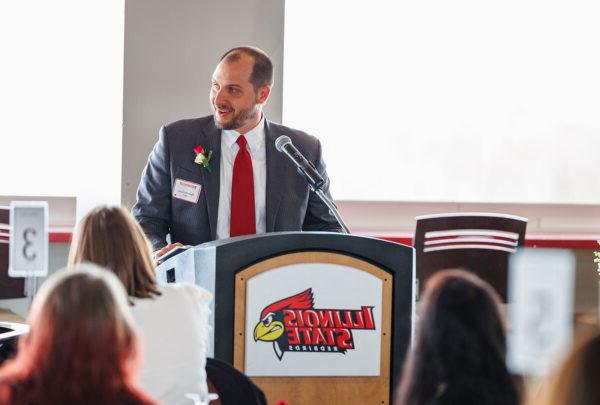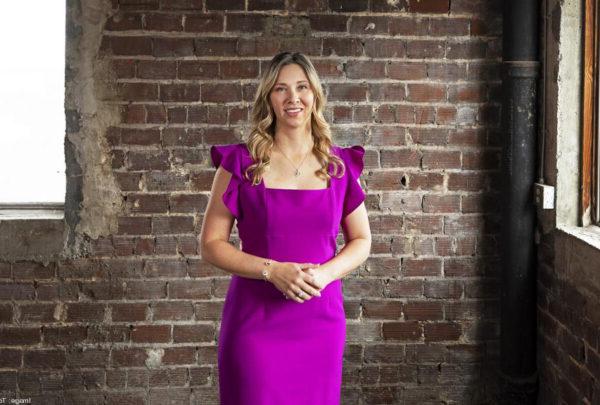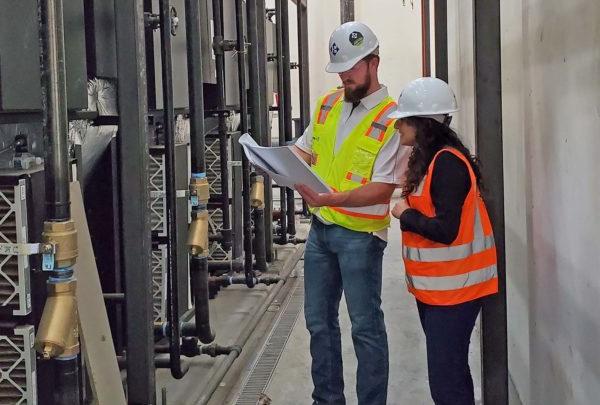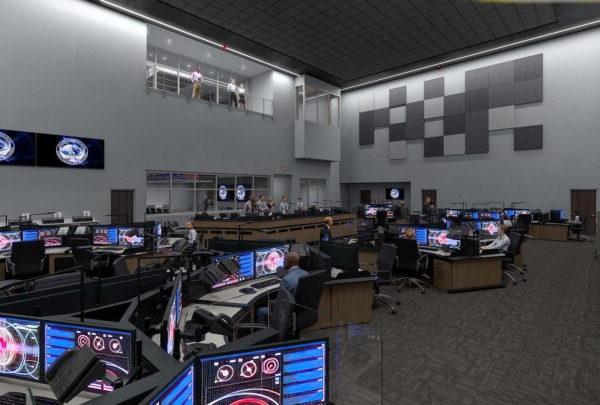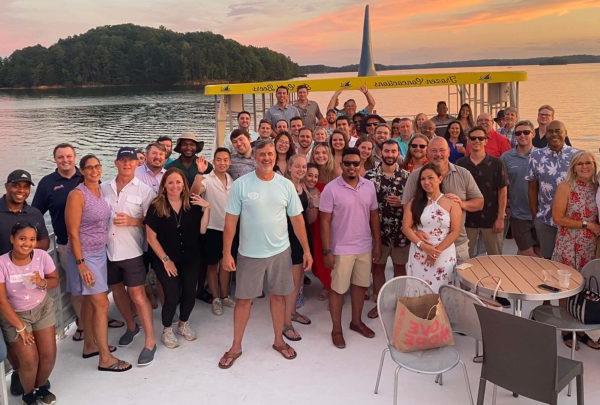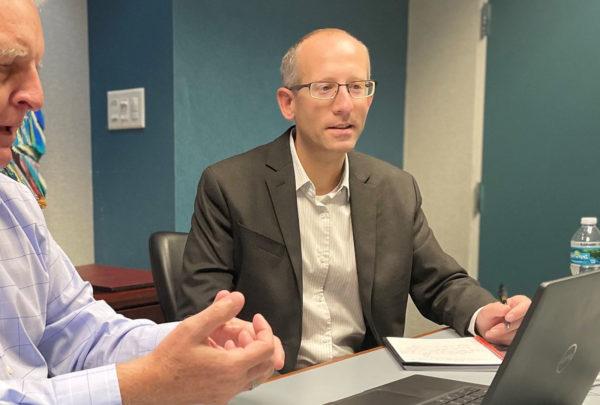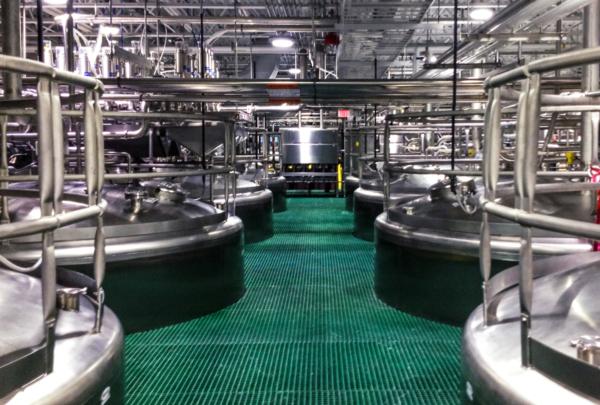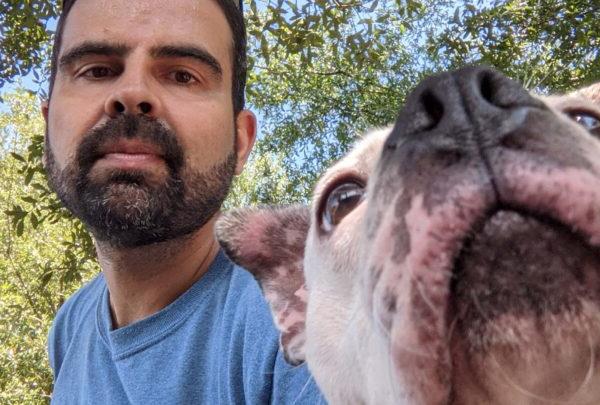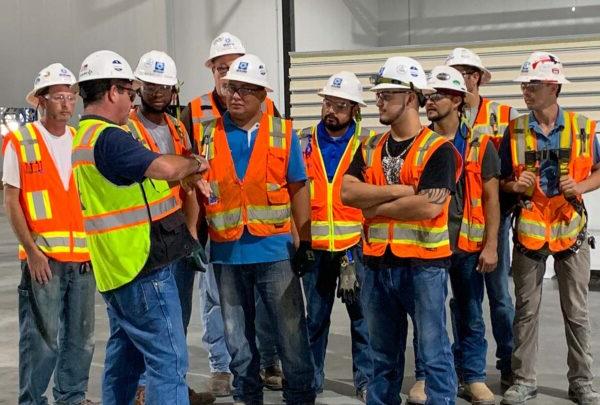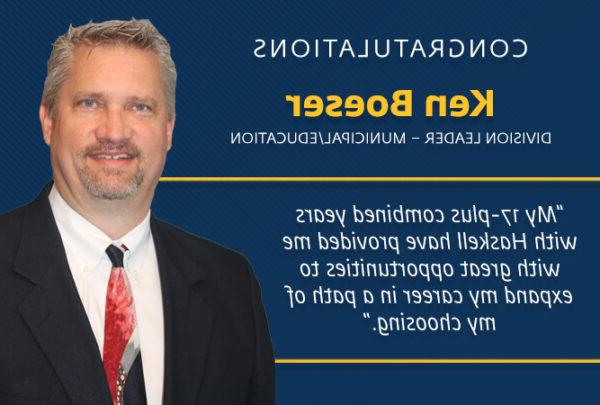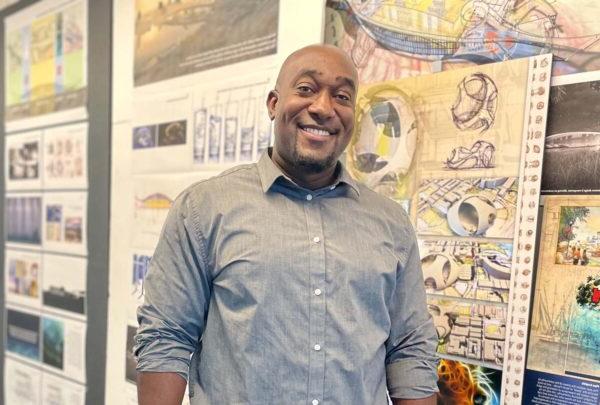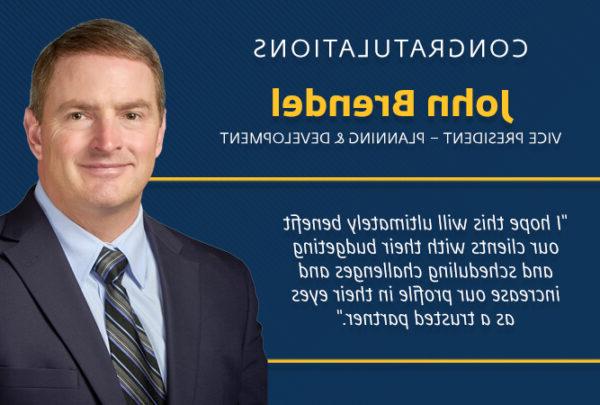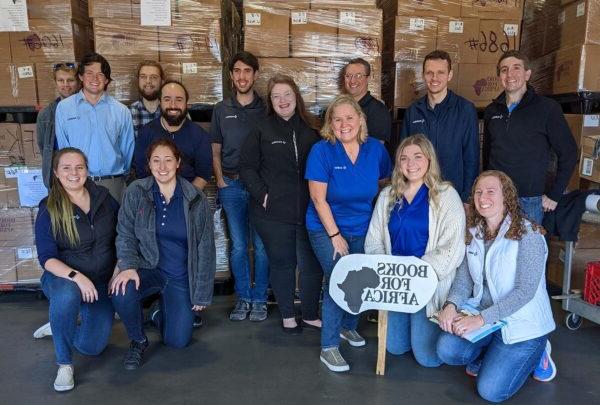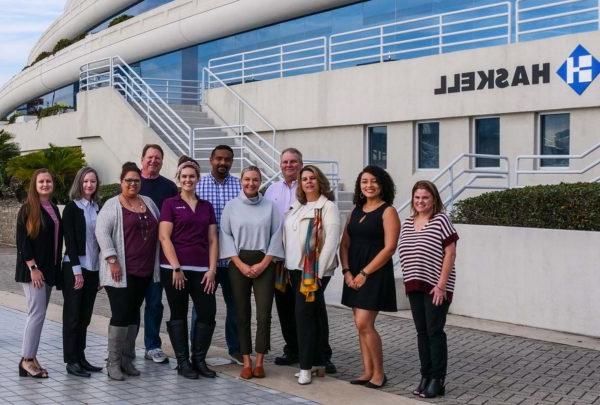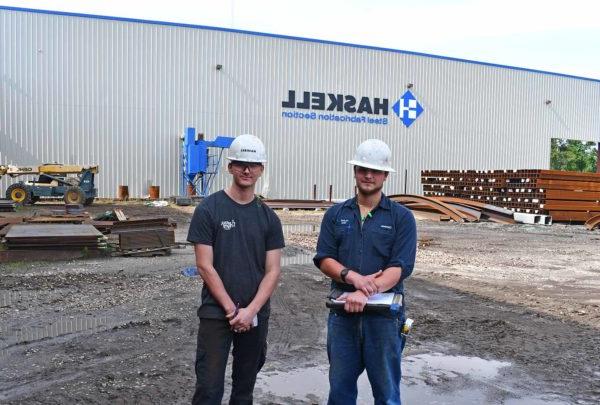Not too long ago, as I was browsing the expanse of YouTube to find a tutorial on how to change out the air filters on my SUV, an interesting thought occurred to me. So many of our day-to-day experiences contain valuable lessons that can apply throughout our lives. Often, seemingly routine and trivial things can pass unnoticed; we don’t recognize them for the opportunities they present and the professional and personal knowledge they impart. It’s easy to focus on the outcome and lose sight of the journey.
The holiday season is a great time to share with loved ones and friends stories and memories and the wisdom that comes from them. So, in that spirit, here are my Top 5 lessons from life & DIY home projects that have benefitted my professional career:
Lesson 1: Just because you can doesn’t mean you should
When I bought my first house many years ago, the first order of business was painting. The previous owners had painted every room in a different pastel color. There was never a question; that paint scheme had to go – and with extreme prejudice.
So, after a trip to the hardware store on a Friday afternoon, the weekend project began. It took several hours to lay protective cloths on the floor and painter’s tape around the outlets and baseboards, then several more hours to apply the first and the second base coats of primer to cover the hideous colors. Then, it took yet more time to apply the two coats of my chosen paint color, a light neutral tone that didn’t leave my eye twitching when I gazed upon the walls.
I was thrilled with the result ... until I realized that it took me the entire weekend to paint two rooms. The following Monday, I hired a professional painter who proceeded to finish the remainder of the house in two full working days.
That weekend taught me several important lessons.
First, capability and proficiency are not the same thing. I was capable of painting in the sense that I had the physical ability to perform the task. However, I did not have the proficiency to do it efficiently because I had not spent time honing my skills, learning effective shortcuts, and cultivating the knowledge of how to streamline the process. Watching the painter at work was a stark reminder of the skill gap between a professional and a weekend DIYer.
Second, I learned about time-value and the benefit of outsourcing tasks that are not a good use of one’s time. The cost of the painter’s services was well worth it for me to have the project completed. I was able to allocate my own limited weekend time to things of higher importance to me.
Finally, I learned there is a fine line between perseverance and foolishness. Early in the weekend, I began realizing that the project was bigger than I could handle alone. The work was tough, and I did not want to give up prematurely before giving it a fair effort. However, as time elapsed, the data that I was in over my head became incontrovertible, yet I persisted and kept pushing that paint roller up the walls until the end of the weekend. I missed all the logical signals that I needed to stop and rethink my approach.
Lesson 2: Beware of what you don’t know that you don’t know.
Fast-forward several years. This time, I’m upgrading my old thermostat to a new digital programmable one, complete with Wi-Fi connectivity. I flip open the accompanying manual, and being an engineer, immediately focus on the wiring diagrams showing me how to connect everything.
In short order, I have everything installed and physically attached. I shift my focus to the Wi-Fi connectivity and to get the thermostat talking to the app on my phone. I’m so proud, right up until the moment I try to change the temperature settings from the app. Nothing. The wall-mounted thermostat is working fine; the app is talking to the unit, so why won’t the app change the temperature?
I check the instructions twice, then three times, and still can’t figure it out. Finally, I call an HVAC mechanic friend for guidance. He’s got it diagnosed and fixed in under 30 seconds without even needing to see it in person. Turns out, a minor software setting needed to be selected so the app knew what model unit to communicate. This is apparently common knowledge in the HVAC maintenance industry and a critical piece of information for achieving a successful outcome, but it had not been included in the documentation that I had.
The takeaway is that sometimes there is a piece of information you don’t have, and may not know enough to ask about, that can create an undesirable outcome. I thought I had all the right tools and the capability (mostly) to do this job, but in retrospect, that one little bit of information – which I didn’t know and couldn’t plan around – affected me. It’s impossible to plan for the unknown, so flexibility is key to adapt to the situation and make informed decisions about the next steps. Having a good resource on backup for guidance is never a bad thing!
Lesson 3: Take risks but be mindful of the consequences.
I like to challenge myself to learn new skills, and one skill I always regretted not having was some basic knowledge of car repair. I started to learn the essentials of car and boat maintenance by watching videos online. These videos gave me the confidence to try certain minor projects, along with guidance and understanding of what I would encounter before I started the work. (YouTube actually has some incredibly helpful tutorials that show step-by-step how to perform a wide variety of tasks, from car repair to how to fillet a fish).
I intentionally chose projects that would be new to me but with low-stakes consequences if I messed up. Changing an air filter went well. Replacing wiper blades was equally as easy. (Yes, I know these are the “bunny slope” tasks – for someone who started with zero skills, I’ll still count them as wins).
The oil change scared me a bit because the stakes were higher. If I did something incorrect, extensive engine damage was one of the consequences. That’s far worse than having an improperly installed wiper blade. I was able to mitigate the biggest risk through proper planning (utilizing the manufacturer’s recommended parts and oil). That brought the stakes down, leaving me only with a minor and more manageable risk of an oil spill. My first oil change taught me some good lessons on containment strategies and cleanup, but it went quite well otherwise.
I learned to approach situations on the spectrum of risk. Playing it completely safe would have had me miss out on the opportunity to gain a new skill. Being mindful of the stakes and potential consequences also kept me from taking on too much scope and complexity and creating expensive damages.
Lesson 4: Know your limits.
Back in college, I majored in chemical engineering and really enjoyed the diversity of courses and labs. I quickly learned that chemical engineering is by far more physics and math than chemistry, which was fine by me. Those were all subjects I enjoyed, and I gained practical knowledge about how concepts at the micro-scale turned into phenomena at the macro level.
One of the major concepts in chemical engineering addresses flow and piping; large-scale manufacturing processes move liquid product through piping, pumps and tanks. This knowledge gives me a unique perspective on plumbing, as I can visualize the physical principles at play. It’s no wonder that I am comfortable taking on piping and plumbing projects at home.
Where I am not comfortable is with anything involving electricity. Those concepts seemed always to escape my grasp, no matter how much I studied or approached them from different angles. Even in my professional career, when I have had to work with electrical concepts, I’ve been humbled by my lack of knowledge. Lesson 2 helped me understand to look out for the things I don’t know that I don’t know. An extension of that lesson is Lesson 4, which is to be mindful of what you know that you don’t know. For me, this is electricity, and I know it’s best to secure experienced help for projects in this arena. Whether it’s engaging an electrician for projects at home or an electrical engineer colleague for tackling design and construction challenges, I know that I am best served by having a qualified professional handle this scope of work.
There is no shame in admitting something is beyond your skillset; in fact, I believe the opposite is true. Being aware of your strengths and limitations makes you a better professional and more likely to approach challenges with well-considered solutions.
Lesson 5: Stay curious and learn.
I’m a true believer that an engineer – or any other professional – gains value and experience by accumulating more knowledge and more experiences from which to draw. In life, we will likely encounter new challenges that have not been seen before. However, having knowledge of similar issues and their solutions, along with many available tools (physical, mental, emotional), can help one work on the problem with confidence. There is virtue in working on continuous improvement – learning never stops, and there is always something we don’t yet know that can add value to our lives.
This holiday season, I challenge us to reflect on our personal journeys and the lessons learned along the way. Celebrate the past, think of the possibilities of the future and savor the present.
Here at 澳门足彩app, we’re a community of engineering, architecture, and construction professionals who are always striving to learn from each other’s experiences. The unique perspectives that come from our own journeys can help guide others and help steer them toward successful outcomes in their professional and personal lives. I invite you to share your own lessons, comments, and experiences on our LinkedIn page to start a dialogue and impart your perspectives to our community. We’d love to hear from you!
About the Author:
 Michael Asher is the former Director of Operations for 澳门足彩app’s Life Sciences Division. He greatly enjoys mentoring others and has been involved with initiatives geared toward young professionals. He is passionate about sharing the skills that are not formally taught in schools yet are essential to thriving in the workplace (and life)!
Michael Asher is the former Director of Operations for 澳门足彩app’s Life Sciences Division. He greatly enjoys mentoring others and has been involved with initiatives geared toward young professionals. He is passionate about sharing the skills that are not formally taught in schools yet are essential to thriving in the workplace (and life)!













